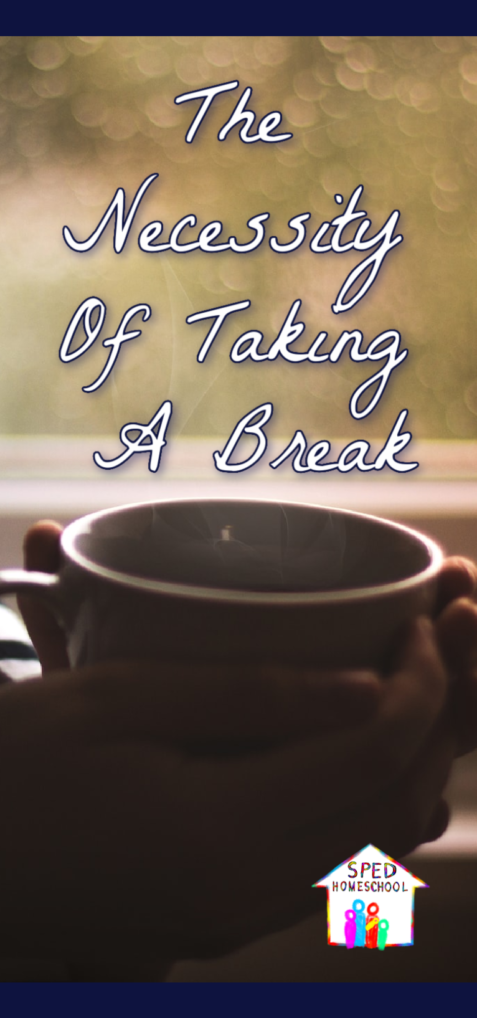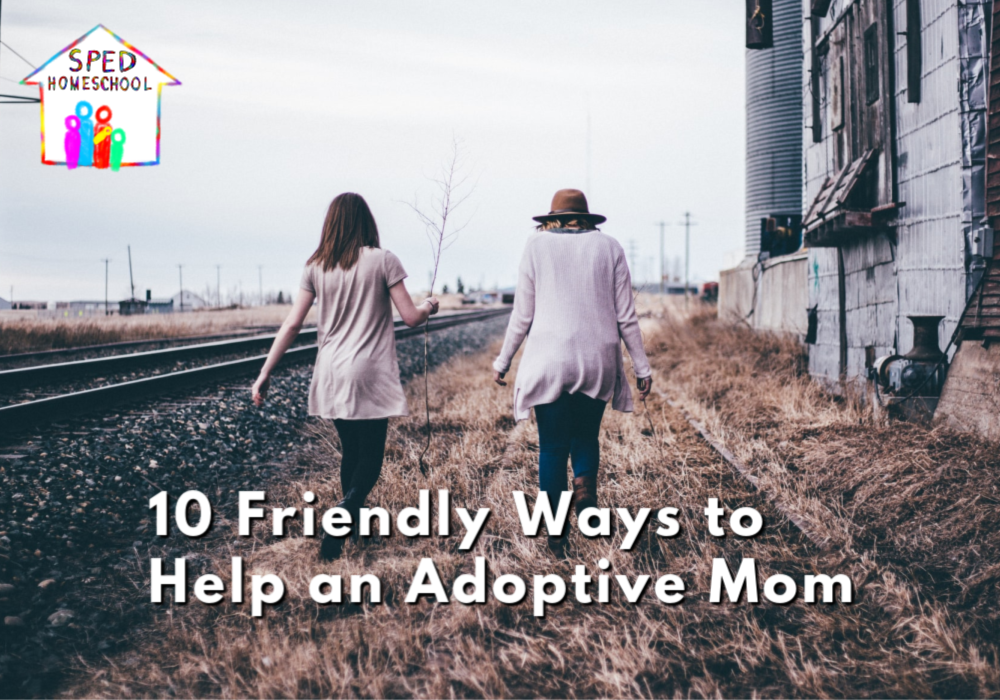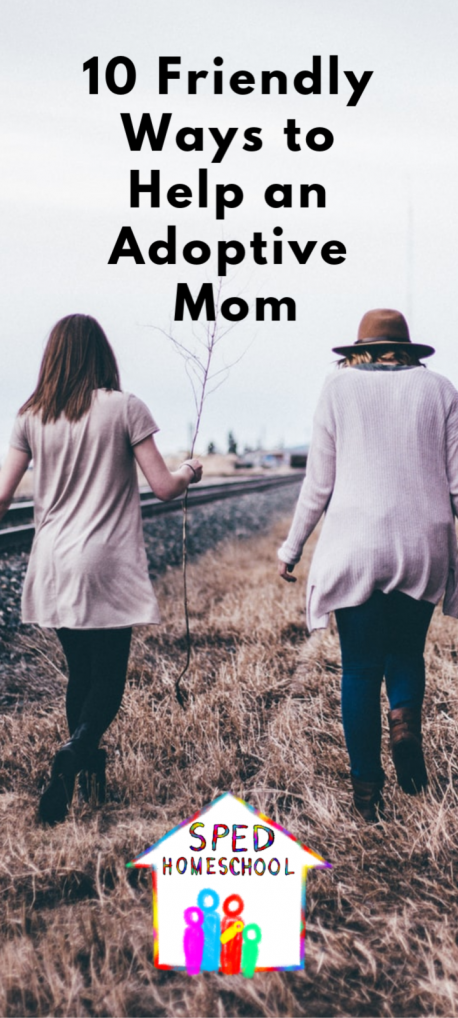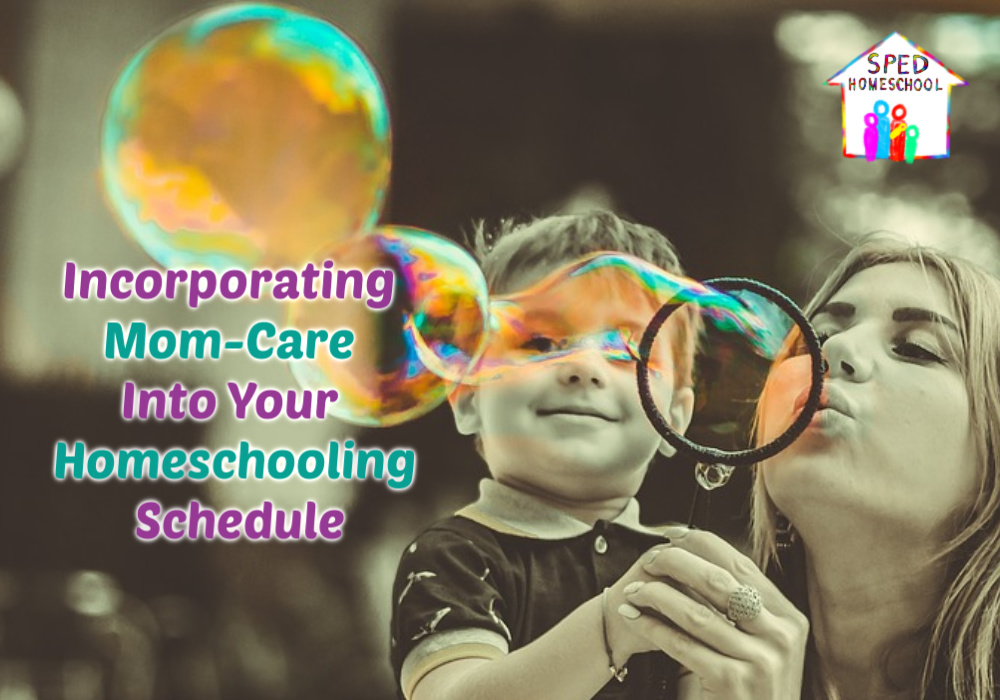
by Cheryl Swope of Simply Classical and Cheryl Swope Consulting
Taking the snacks he wanted to enjoy, able to play the music he wanted to hear, and free to think the thoughts he wanted to think, my husband climbed alone into his Ford Fiesta as if it were a magic carpet ready to whisk him off to glorious lands unseen. I told him to go freely. He had not seen his sister and her husband in a while. They live only an hour away. I wanted him to be able to spend the afternoon enjoying his own conversations. This required some urging.
“Michael will be disappointed”, he protested. Michael always enjoys seeing his aunt and uncle. I reminded my husband of the almost absurdly enjoyable recent times Michael had already experienced: Besides the usual diversions, neighbors had us over for a delightful dinner followed by everyone playing a game Michael had brought along. On another mild day, Michael and my husband had ridden bikes through our small town. Michael and his best childhood friend had recently played hours of board games. “Go! Guilt-free”, I told my husband. “Go. We will be fine.”
Why is this so hard for some of us? When our children have physical or emotional needs beyond that of a typical child’s; why do we wear ourselves out catering to forlorn requests, insatiable pleas, or perceived needs, when the actual needs already require daily sacrifice? As parents of children with complex conditions, we must monitor good nutrition, companionship, medications, and doctor visits. Somehow we attach the same significance to the “wants” that become demands tempting us to forego our own needs. Like the Siren Song, our child’s desires can catapult some of us into indulging our child at the expense of our own exercise, nourishment, undisturbed time in prayer, reading, conversations, or time with friends and family.
I’m thankful to the Lord Jesus Christ that, over the years, my husband’s heart has been drawn so strongly to his children that he wants to satisfy the requests he hears from them! However, sometimes as parents, we must protect each other. He will often tell our children, “Mom’s busy right now. If you need something for the next few hours, ask me.” Today it was my turn.
This morning, I refreshed myself by a long swim as my protected time to exercise. I was gratified to know my husband would enjoy a few hours unencumbered. Perhaps because of this, I promised Michael what he most loves to hear, “Later this afternoon, we can play Ticket to Ride.” For a young person with autism, no board game may ever surpass one with both trains and maps. Similarly, I told his twin sister Michelle that later when Dad came home, she and I would go on a walk together, just the two of us. I was careful not to promise things I did not intend to do, nor did I promise things I do not enjoy. I truly enjoy a good board game and a good walk. By choosing to do the things we enjoy, the time together is more companionable.
I do not always promise such things. I cannot. Over the years, I have learned to be more honest as a means of “parent care.” Sometimes I bring home fresh flowers simply because I love to see them on the kitchen table. Sometimes, after a doctor’s appointment with one or both children, I take the children to a park because I want to breathe the fresh air.
After over two decades of caring for our now-adult twins with autism, schizophrenia, and medical conditions, my husband and I have coined a motto: Respite, before you’re desperate. At one time grandparents served in this role for us, but now that those years have gone, respite most often takes the form of exchanging solo time. We cover for each other. Yet we have learned that this is not all we need.
Nearly every Friday night when I announce, “Early bed, movie night for Mom & Dad downstairs,” they already know to expect this. Currently, husband and I rarely go out together, as only a select few adult sitters suffice for our situation, so we set aside Friday night for ourselves as a couple. It seems comforting for them to know that my husband and I still enjoy being together enough to carve out this time each week. Most of all, knowing we have this time helps us combat resentment and reduce fatigue while giving us something to anticipate sharing each week, just the two of us.
In our home, some seasons of our lives have not allowed for either solo time or couple time. Perhaps you know this scenario all too well. Some seasons require sacrifice that is more divine than human. For this reason, the greatest parent care is found in the sacrificial love of Christ for us.
In such seasons, we can remain steadfast. We can love our husbands, love our children, and carry on. Our hearts can be comforted, as in this prayer, “Now our Lord Jesus Christ himself, and God, even our Father, which hath loved us, and hath given us everlasting consolation and good hope through grace, comfort your hearts, and establish you in every good word and work” (2 Thessalonians 2:16-17).
You are not alone. As parents who care for children who need you, you can at all times cast “all your care upon him; for he careth for you, … knowing that the same afflictions are accomplished in your brethren that are in the world” (1 Peter 5:7-9). Caring for ourselves is really not our task; rather we are already loved, protected, and cared for by Him.
Be patient and await His leisure / In cheerful hope, with heart content
To take whate’er thy Father’s pleasure / And His discerning love hath sent,
Nor doubt our inmost wants are known / To Him who chose us for His own.
God knows full well when times of gladness / Shall be the needful thing for thee.
When He has tried thy soul with sadness / And from all guile has found thee free,
He comes to thee all unaware / And makes thee own His loving care.
hymn stanzas from “If Thou But Trust in God to Guide Thee”
Georg Neumark (1621-1681), public domain
Cheryl Swope is the author of Simply Classical: A Beautiful Education for Any Child and creator of the curriculum voted #1 for Special Learners, the Simply Classical Curriculum for Special Needs (Memoria Press). With a master’s degree in special education, Cheryl homeschooled her adopted boy/girl twins from their earliest years through high school graduation. The family lives together in a quiet lake community in Missouri. For more articles like this, subscribe for free to the Simply Classical Journal, a print magazine arriving twice annually.







